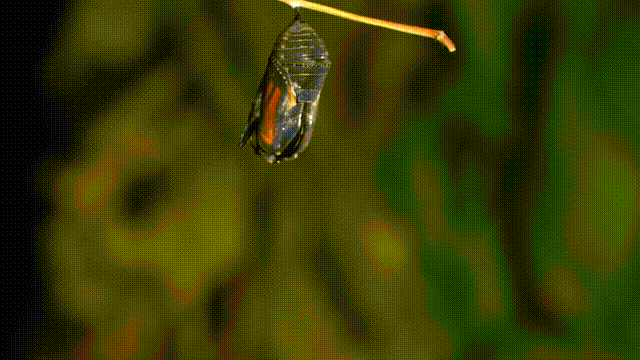To Haiti's Long List of Curses, Add Pat Robertson
Comments by Rev. Pat Robertson today suggesting that an ancient curse on Haiti was responsible for this week's earthquake spurred a dumbfounded response from the White House, and then backpedalling by Robertson's Christian Broadcasting Network.
On his television show "700 Club," Robertson said "Something happened a long time ago in Haiti. … They got together and swore a pact to the Devil.... They said, 'We will serve you if you get us free from the French.' True story. And so, the Devil said, 'Okay, it's a deal.' And they kicked the French out. You know, the Haitians revolted and got themselves free. But ever since, they have been cursed by one thing after another."
Obviously the earthquake in Haiti this week was a consequence of a pact with Satan made a century ago.
Senior White House advisor Valerie Jarrett, appearing on "Good Morning America," said she was "speechless" about Robertson's comments. "That's not the attitude that expresses the spirit of the president or the American people, so I thought it was a pretty stunning comment to make," Jarrett said.
Robertson's organization, the Christian Broadcasting Network, issued a statement stating that his comments were both factual and objective, and that Haiti's history has led "countless scholars and religious figures over the centuries to believe the country is cursed."
For Pat Robertson to recount a xenophobic legend as historical fact is bizarre enough, but he also seems to believe that there is some sort of objective evidence or scholarly consensus that Haiti has been cursed. It is certainly true that Haiti has been cursed with grinding poverty, low literacy rates, and occasional natural disasters. But the real cause of the 7.0 earthquake that devastated the country was a not curse from God, but instead friction along the Enriquillo-Plantain Garden Fault, an east-west ridge between two tectonic plates below Haiti.
Where did Robertson get the idea of a curse?
Get the world’s most fascinating discoveries delivered straight to your inbox.
Caribbean cultures — and Haitian culture in particular — have strong roots in African traditions, many of which include a strong belief in magic and witchcraft (late last year albinos were hunted and killed for their body parts, used in magical rituals).
Culturally, Haiti is best known as an exotic place where voodoo is practiced; there is perhaps not another country in the world whose cultural identity is so closely linked with black magic and mysticism.
Though the vast majority of Haitians identify themselves as Roman Catholic, in fact most practice a blend of Catholicism, voodoo, and animism — including magic spells, rituals, and occasional blood sacrifices. Many Christian leaders feel that this blending of traditions (a process called syncretism) is evil and occult.
Whether intended by Robertson or not, there is also a strong element of racism inherent in the Christian ideas of curses. Many fundamentalist Christians believe (as did Joseph Smith, founder of the Church of Latter-Day Saints) that Blacks have dark skin because they are descendants of Cain, who was cursed by God; they bear the "mark of Cain."
That Haiti, the "accursed land," is populated by Blacks is not a coincidence. In many ways, the whole idea of curses can be traced back to the Bible and other religious texts.
This is of course not the first time that Rev. Robertson has concluded that some natural disaster was the result of God's wrath. In 2005, Robertson stated that hurricanes, earthquakes, and other natural disasters indicated to him that the end of the world was imminent.
Robertson's grasp of world history, like his grasp of climatology, leaves much to be desired. Given his long history of putting his foot in his mouth, perhaps it is Robertson who is cursed.
Benjamin Radford is managing editor of the Skeptical Inquirer science magazine. His books, films, and other projects can be found on his website. His Bad Science column appears regularly on LiveScience.

